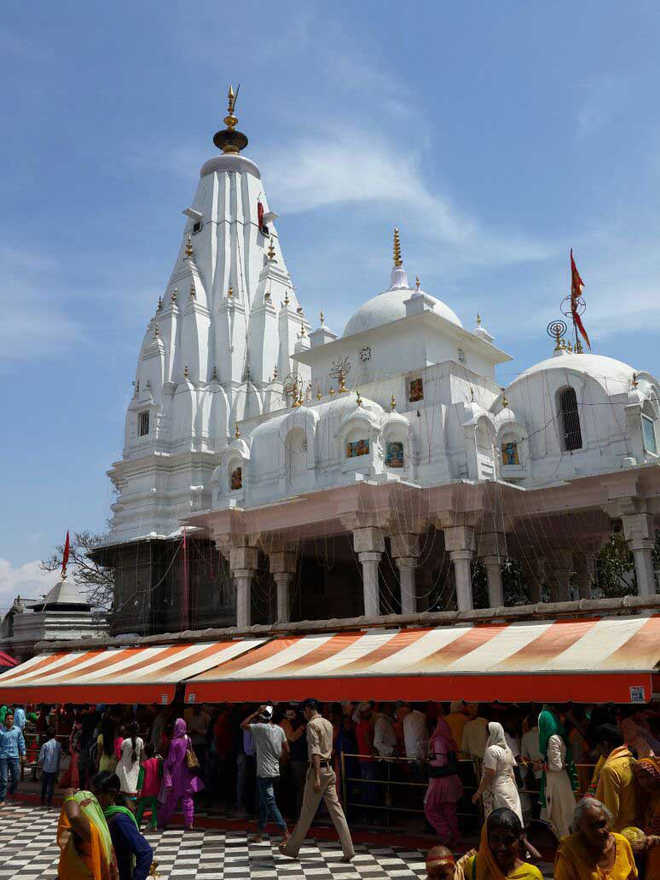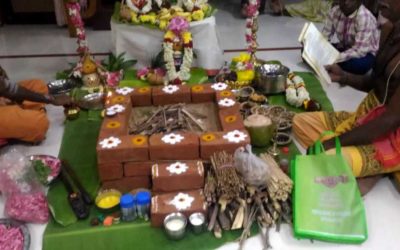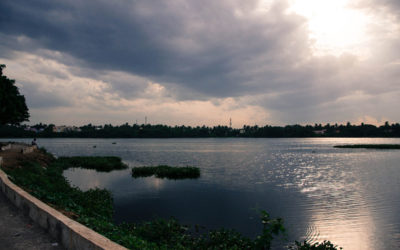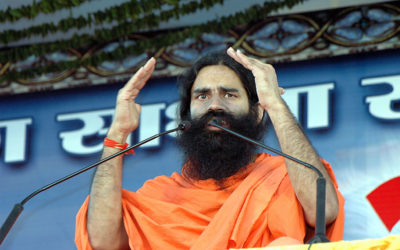Record progress
- The Hanogi Temple in Mandi had zero balance when the government took it over in 1984. In 2013-14, it had Rs 7.41 crore and 32 workers
- Shri Naina Mata Temple in Bilaspur had Rs 585 when the government acquired it on December 17, 1985. The temple had Rs 18.15 crore and employed 126 workers in 2013-14.
- The Chintpurni Temple treasure in Una had only Rs 1,879 in its kitty when the government took it over on June 12, 1987. In 2013-14, the temple treasury had Rs 29.15 crore in its kitty and employed 133 workers.
- Ma Chamunda in Kangra was taken over by the government on March 3, 1994, with its treasury showing justRs 1,200 in its account. In 2013-14, the temple trust hadRs 3.54 crore in its kitty and employed 46 workers, revealed the RTI information.
- Ma Brijeshwari Temple had Rs 3,000 in its treasury when it became a trust on April 11, 1986. The temple had Rs 4.50 crore in its kitty and employed 59 workers in 2013-14.
- Baba Balak Nath, Hamirpur, had Rs 5,000 in its kitty when the government took it over on January 16, 1987. In 2013-14, it netted Rs 19.32 crore and employed 233 workers.
- The Jwalamukhi Temple in Kangra had Rs 2,100 at the time of its acquisition on March 7, 1987. Its fortune jumped to Rs 8.72 crore and it employed 85 workers in 2013-14.
Shimla, August 3
The revenue of temple trusts of seven shrines has grown by leaps and bounds. Once run by a kardar, the temples now have 714 people entrusted with various works. As per RTI information, at the time of their takeover, the amount in the treasuries was Rs 13,764, but now the sum is Rs 90.79 crore.
Data on the performance of temple trusts accessed by The Tribune revealed that the functioning of the trusts was transparent and the infrastructure was improved for devotees.
Before their takeover, the temples used to be run by ‘pujaris’ and ‘kardars’, it was learnt.
Sensing large-scale financial bungling, the government took over the management of seven popular shrines — Baba Balak Nath, Ma Chamunda Devi, Mata Brijeshwari Devi, Jwalamukhi, Mata Naina Devi, Ma Chintpurni Devi and Hanogi Mata — under the Himachal Pradesh Public Religious Institutions and Charitable Endowments Act, 1984. Now, the temple trusts are being managed by respective sub-divisional magistrates or deputy commissioners.
The RTI information reveals that the Hanogi Temple in Mandi on National Highway-21 had zero balance when the government took it over in 1984. It had Rs 7.41 crore in 2013-14 and employed 32 workers, it was learnt.
Shri Naina Mata Temple in Bilaspur had Rs 585 when the government acquired it on December 17, 1985. The temple had Rs 18.15 crore and employed 126 workers in 2013-14.
The Chintpurni Temple treasure in Una had only Rs 1,879 in its kitty when the government took it over on June 12, 1987. In 2013-14, the temple treasury had Rs 29.15 crore in its kitty and employed 133 workers.
Same is the case with Ma Chamunda in Kangra. It was taken over by the government on March 3, 1994, with its treasury showing just Rs 1,200 in its account. In 2013-14, the temple trust had Rs 3.54 crore in its kitty and employed 46 workers, revealed the RTI information.
Ma Brijeshwari Temple had Rs 3,000 in its treasury when it became a trust on April 11, 1986. The temple had Rs 4.50 crore in its kitty and employed 59 workers in 2013-14. Baba Balak Nath, Hamirpur, had Rs 5,000 in its kitty when the government took it over on January 16, 1987. In 2013-14, it netted Rs 19.32 crore and employed 233 workers.
The Jwalamukhi Temple in Kangra had Rs 2,100 at the time of its acquisition on March 7, 1987. Its fortune jumped to Rs 8.72 crore and it employed 85 workers in 2013-14.
The trusts pay Rs 15,000 to Rs 20,000 to pujaris or kardars, who otherwise used to keep the major share of the income.





0 Comments